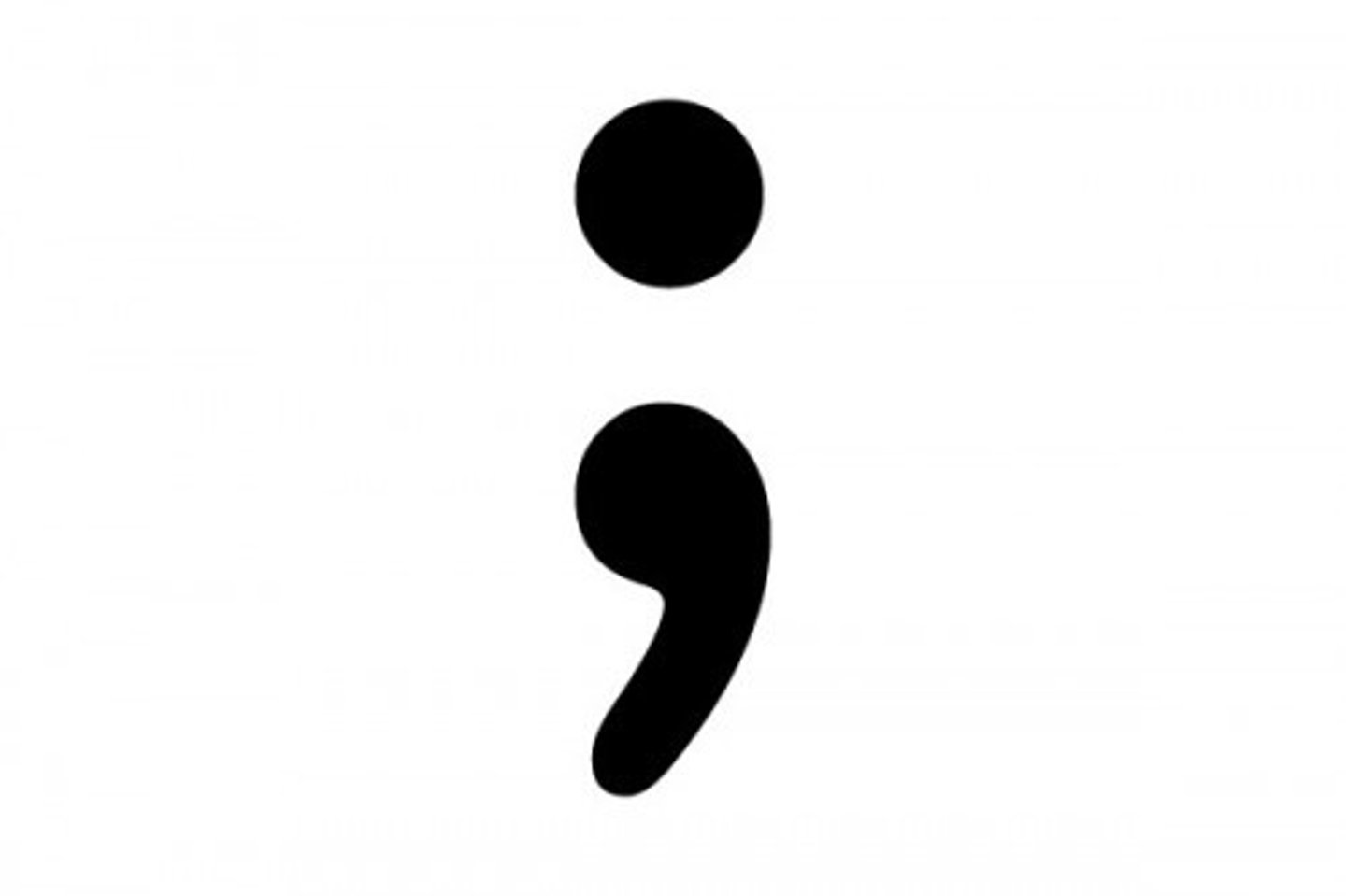ACT English practice questions
1/49
There's no tags or description
Looks like no tags are added yet.
Name | Mastery | Learn | Test | Matching | Spaced |
|---|
No study sessions yet.
50 Terms
dependent clause
cannot stand on it's own. ex: "when I went to Europe" "because I am a teacher" "after I called the doctor"
Possessive of "it"
its
Contraction of "it is"
it's
Which is not a correct form?
its, it's, its'
its'. This form does NOT exist.
They're=?
"They are"
Their=?
Possessive
There=?
a place
Rewrite this with a possessive form of "teacher": The salary of this teacher is very high.
This teacher's salary is very high.
Rewrite this with a possessive form of "teachers": The salaries of these teachers are very low.
These teachers' salaries are very low.
Who's=?
"Who is"
Whose=?
Possessive, ex: whose hat is this?
When do you use a semi-colon?
On the ACT, it's the same as a period.

Are the commas correct? Jacksonville is Florida's largest city by land area, however, it is not the largest by population.
NO. Run-on/comma splice.
Need a comma? I went to the store that sells all the vintage toys.
NO COMMA before or after "THAT"
Is the comma correct? When I went to Chicago, the weather was terrible.
YES. The comma is separating a dependent clause + an independent clause, in that order.
Is the comma correct? The weather was terrible, when I went to Chicago.
NO. NO COMMA between an independent clause + a dependent clause, if in that order.
Are the commas correct? I like apples, pear, and bananas.
Yes. Commas separating items in a list of 3 or more. ____, ____, and ____
Is the comma correct? I like dogs that have black spots, and cats with orange stripes.
NO. NO COMMA separating a list of only 2 things.
INCORRECT: ______, and _______
CORRECT: ______ and ____
Is the comma correct? The snarling, drooling raccoon in the cage scared me.
YES. The comma is separating 2 adjectives whose order CAN be reversed.
Is the comma correct? The big, red ball bounced into the street.
NO. NO COMMA separating adjectives whose order CANNOT be reversed.
Is the comma correct? Jacksonville is a very large city, some cities are even bigger.
NO. You must use a period or semi-colon to separate 2 independent clauses (2 complete sentences).
Is the comma correct? The man in the red coat, will definitely miss the bus.
NO. NO COMMA between a subject and a verb.
Is the comma correct? She is one of the greatest painters, of all time.
NO. "of" is a preposition. NO COMMA before or after a preposition.
Is the comma correct? The forest was filled with snarling, animals.
NO. NO COMMA between an adjective and a noun.
If you use who...
You can check that "he", "she", or "they" could replace
If you use whom...
You can check that "him", "her", or "them" could replace
After a preposition, should you use "who" or "whom"?
ALWAYS use "whom."
neither...
nor...
either...
or...
not only...
but (also)...
Correct? Would of, should of, could of, must of
NO, INCORRECT. There is no such phrase in English. CORRECT: would have
Whether (this)...
Or (that)...
Colon
a punctuation mark used after an independent clause to introduce a list
tesnse
the form of the verb that tells what time the action happened
verb
a word that expresses an action, a feeling, or a state of being
subject
the topic of the sentence
pronoun
a word that stands in for a noun
prepositional phrase
a group of words that starts with a preposition and ends with a noun or pronoun
preposition
a word that describes time or place relationships between words
noun
a person, place, thing, or idea
misplaced modifer
any kind of description that is put in the wrong place in a sentence and thus describes the wrong thing
interjection
an introductory word often used for emphasis
independent clause
a group of words that has a subject and a verb and can stand alone as a sentence
idiom
a figure of speech that follows no grammatical rules
gerund
a noun turned into a verb by adding "ing"
conjunction
a word that joins words, phrases, or clauses
adverb
a word that modifies or describes a verb, adjective, or other adverb
adjective
a word that modifies or describes a noun or pronoun
active voice
use of the verb so that the subject is performing, not receiving, the action
passive voice
the noun appears to be the object instead of the subject; the performer is receiving the action instead of doing it